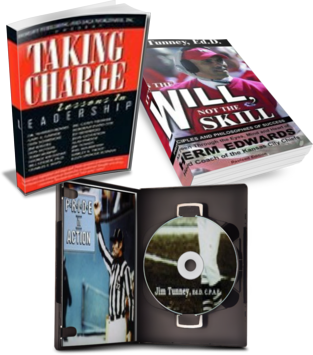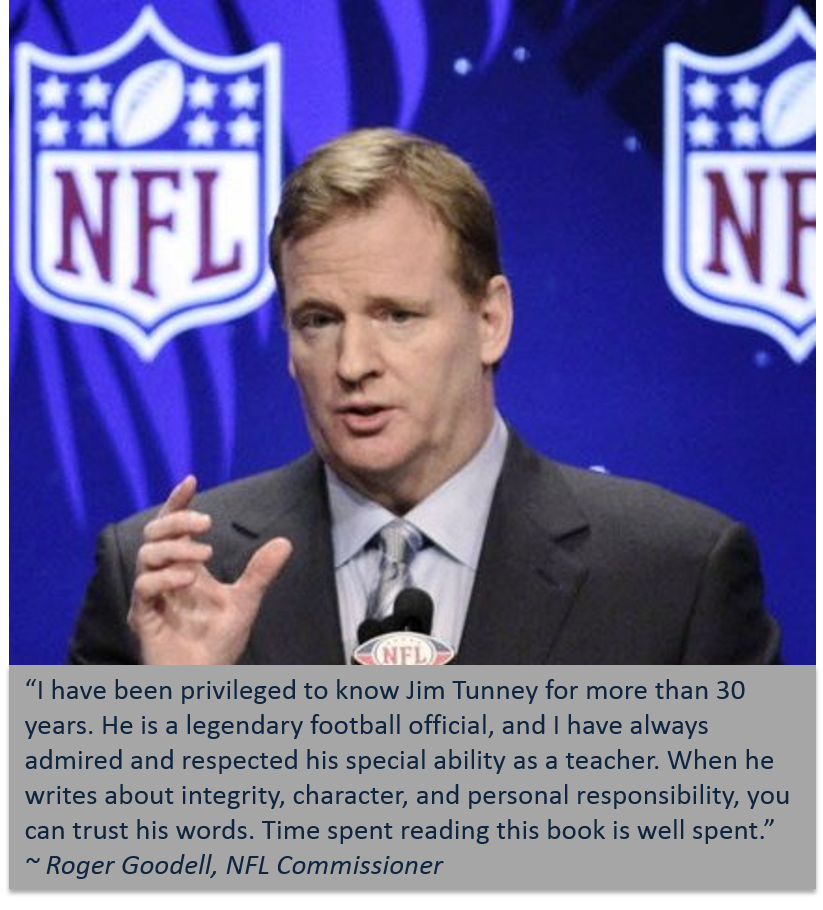On the TUNNEYSIDE of SPORTS August 11, 2014 #501 Up next: On Making Decisions- Part 1
After review…Much of my adult working life has placed me in the position of making decisions about others. Of course, I had decisions to make during childhood — mostly personal e.g., type of clothing to wear or buy, kind of ice cream cone preferred, etc. — mundane choices for what I wanted or needed. This column/blog is focused more on decisions we make involving others. Although research tells us that two of the most difficult decisions an adult must make are choosing a mate and buying a home, this topic is about how to consider what process to use when making decisions about others.
As a teacher, coach and school administrator I was faced, daily, with decisions that could shape the lives of others. Many of these decisions were of a disciplinary nature, which was the result of a student’s wrong action. Some were minor and seemingly easily corrected. Others were more serious to the point of suspension or expulsion. In every case an examination of the issue had to be carefully considered. A decision formed hastily and without a thorough thought process could have an adverse effect.
My father, a former teacher and school administrator, taught me three principles of decision making. #1: consider what is best for that person. In other words, as a decision maker one needs to know how the affected person will respond. The goal is helping that person learn and respond successfully. It is often said: Forget what hurt you, but never forget what it taught you. The true definition of discipline is learning, not punishment.
Second, how will your decision affect the group? People can learn from another’s mistake so your decision is important for those surrounded by the accused. Further, the strength of your decision can affect other’s thought processes. Their reaction(s) may be positive or negative based on your decision.
Thirdly, what would be your decision be, if this person were your son or daughter? We certainly want the best for our own and not let our decision destroy one’s self-esteem or self-confidence. Yet, a wrongful deed needs to be corrected.
This topic will be followed in the future with decision making in the business world.
Will you give thoughtful consideration to the process you follow in making decisions?
To contact Jim go to www.jimtunney.com or email jim@jimtunney.com.
Jim’s new book “101 Best of TunneySide of Sports” click here.



